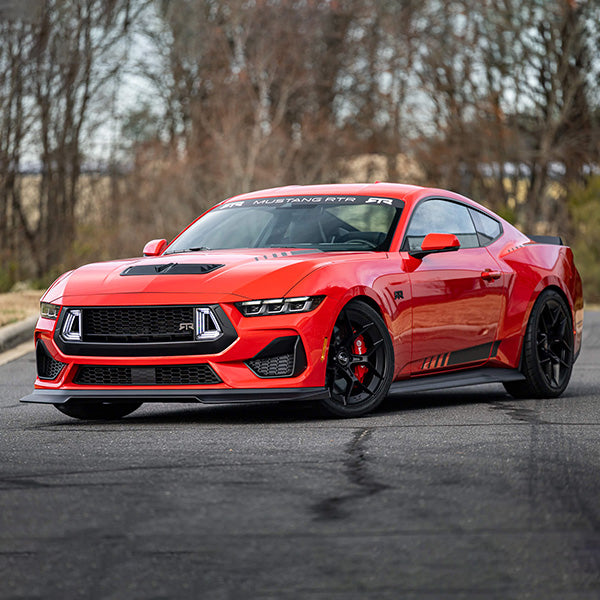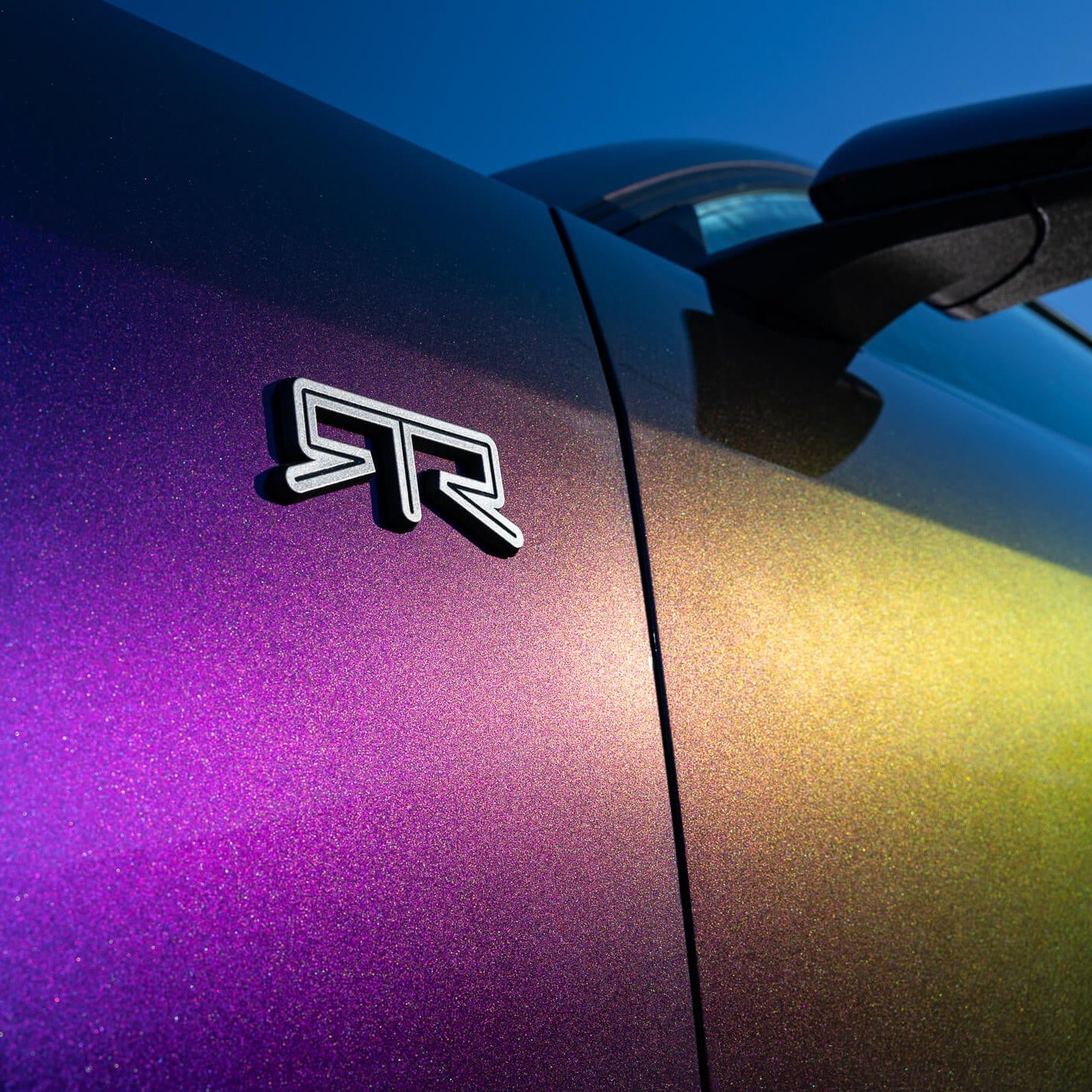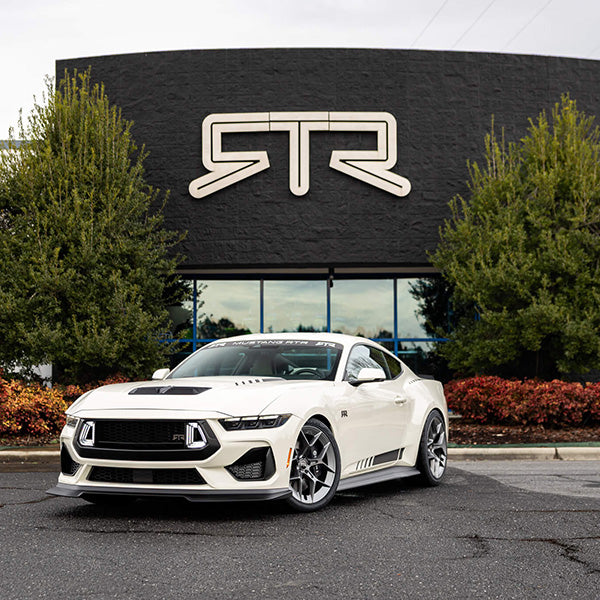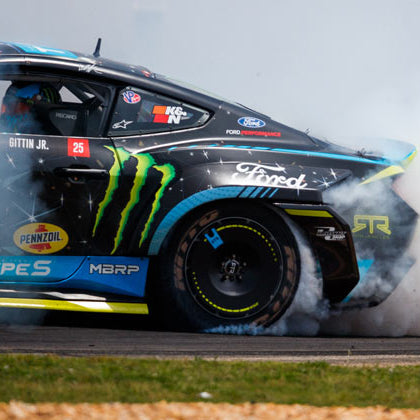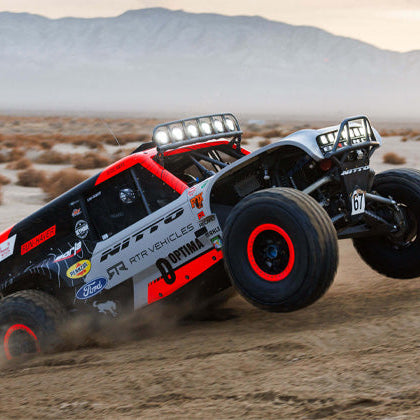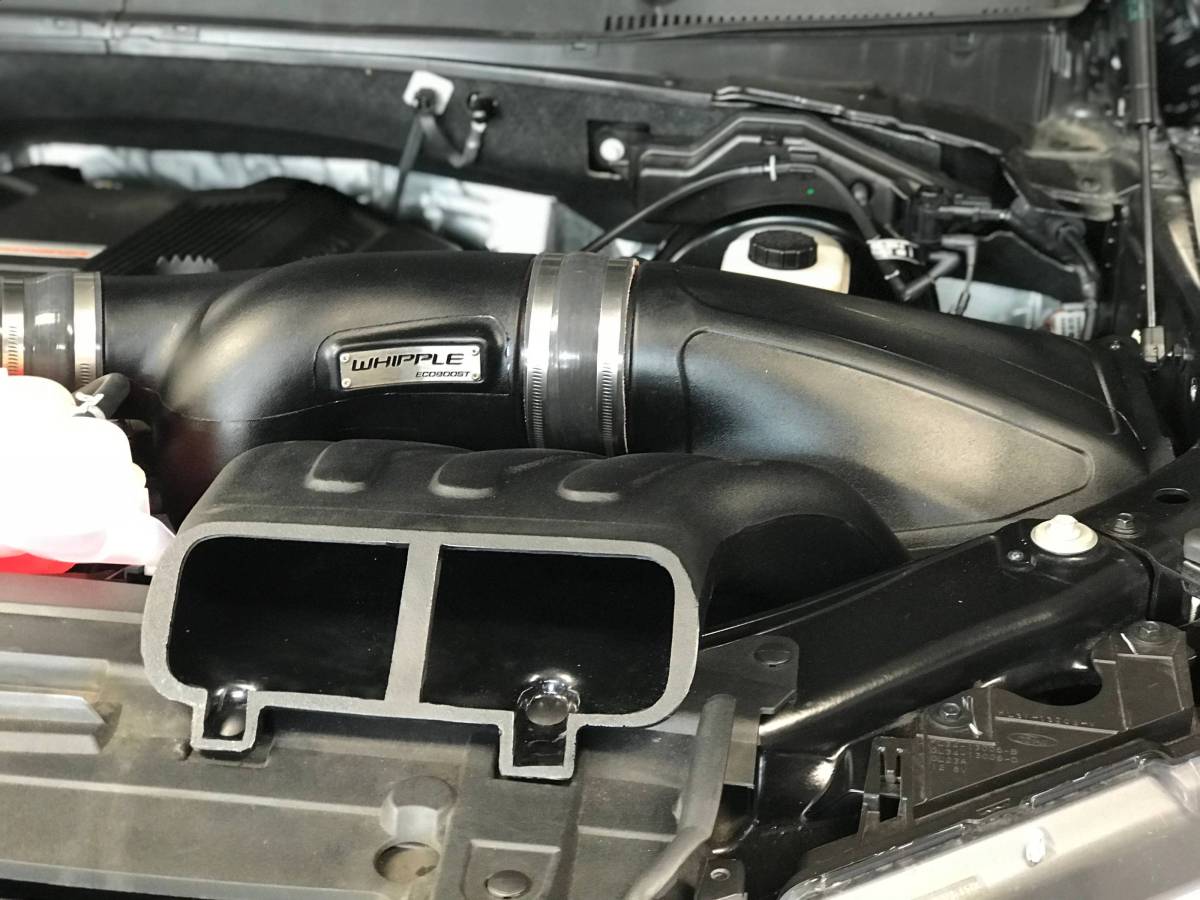
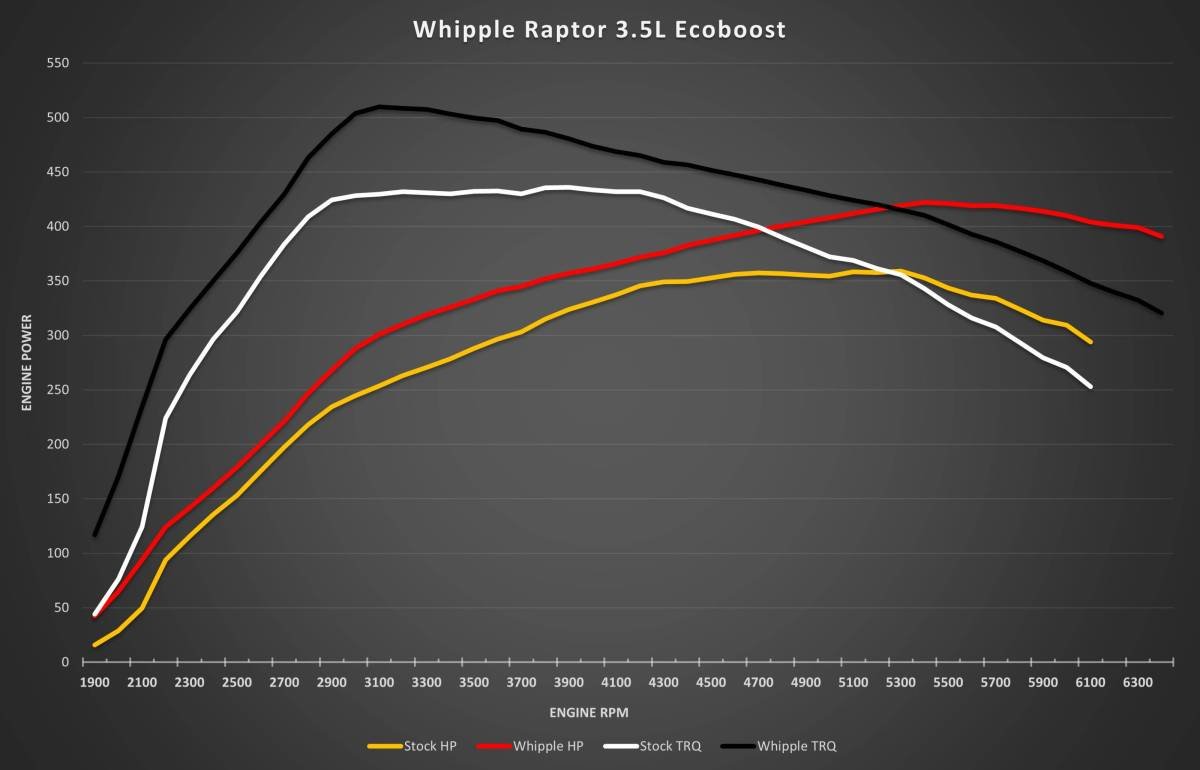
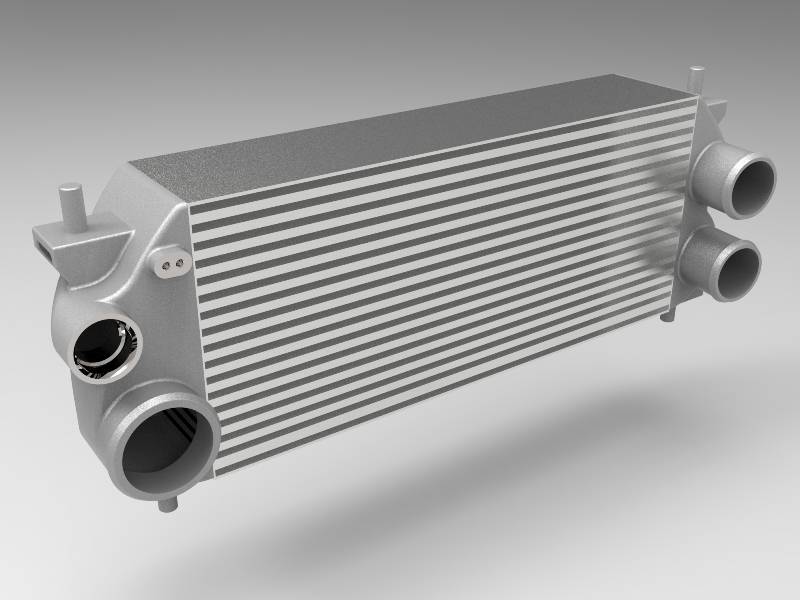

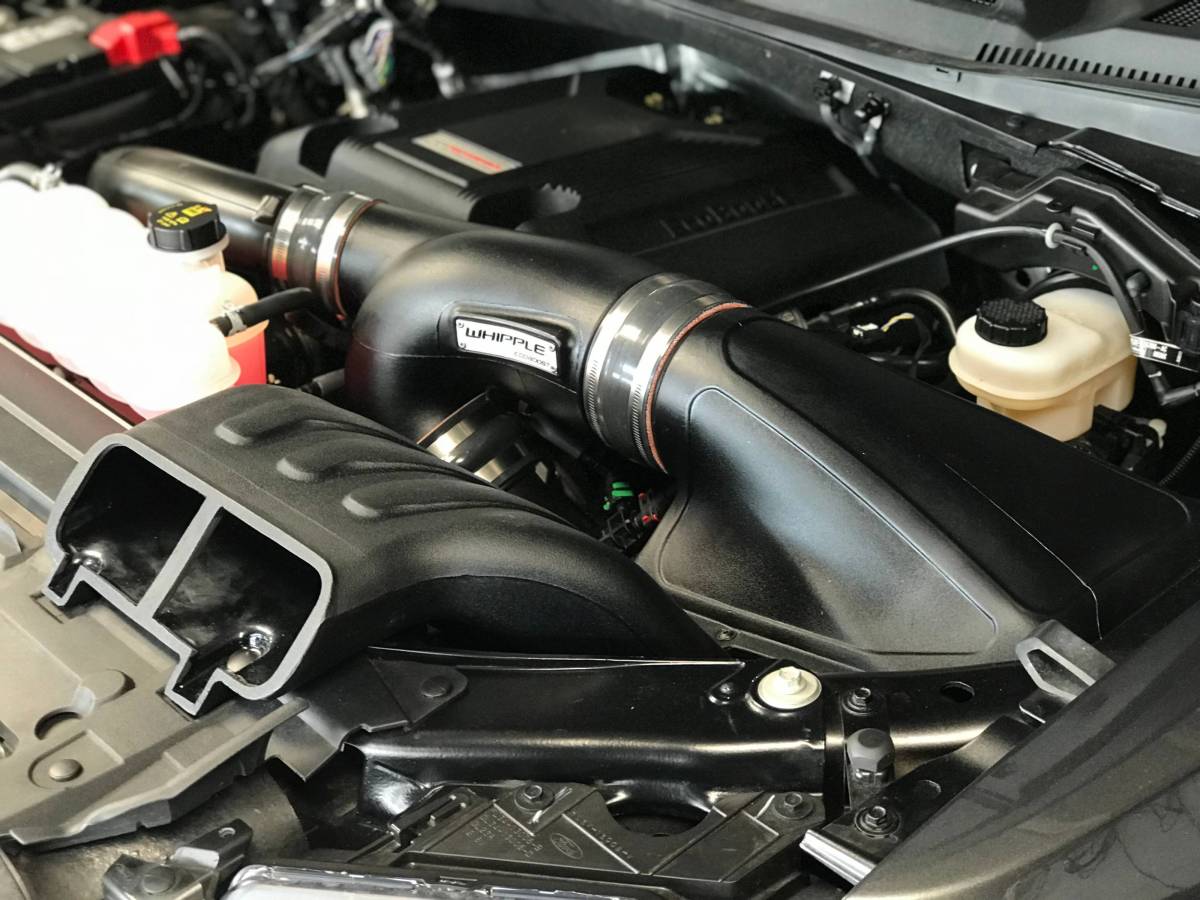
Whipple 3.5L EcoBoost Stage 1 Kit (21+ F-150)
Choose options
Whipple 3.5L EcoBoost Stage 1 Kit (21+ F-150 & F-150 Raptor)
Unlock the full potential of your 2021–2025 Ford F-150 or Raptor with the Whipple Stage 1 Performance Kit—the most advanced, emissions-legal power upgrade available for the 3.5L EcoBoost platform. Engineered and dyno-tested by Whipple’s elite calibration team, this package delivers unmatched performance, drivability, and reliability, all while staying 50-state legal and CARB certified.
The Stage 1 system pairs Whipple’s Mega Cooler intercooler, high-flow air intake system, and custom calibration to deliver an incredible +60 RWHP and +80 RWTQ gain on 93 octane fuel. Power comes on early, with a massive torque increase from just 2,000 RPM, giving your truck explosive throttle response and relentless mid-range pull.
The included Whipple MPVI3 Flash Tool makes tuning effortless, allowing you to upload calibrations, read and clear DTCs, log live data, and adjust for tire and axle size changes. Whipple’s advanced calibration also refines shift points, increases RPM limits, raises the speed limiter, and deactivates auto start/stop, delivering a noticeably sharper and more responsive driving experience.
At the heart of the system is the Whipple Mega Cooler, featuring 54% greater core volume and 8% more surface area than the factory unit. Its bar-and-plate design with offset fins provides exceptional cooling capacity, dropping charge temps by over 60°F on the dyno and more than 100°F in real-world conditions. Cooler, denser air means more spark advance, greater oxygen density, and consistent power under all conditions.
Rounding out the system is Whipple’s high-velocity air intake, designed with CFD-modeled flow paths and a massive gauze-style velocity stack filter that flows 132% more air than stock, reducing restriction and improving throttle response.
*Power figures based on 93-octane fuel under optimal conditions. Results may vary based on altitude, fuel quality, and vehicle configuration.


